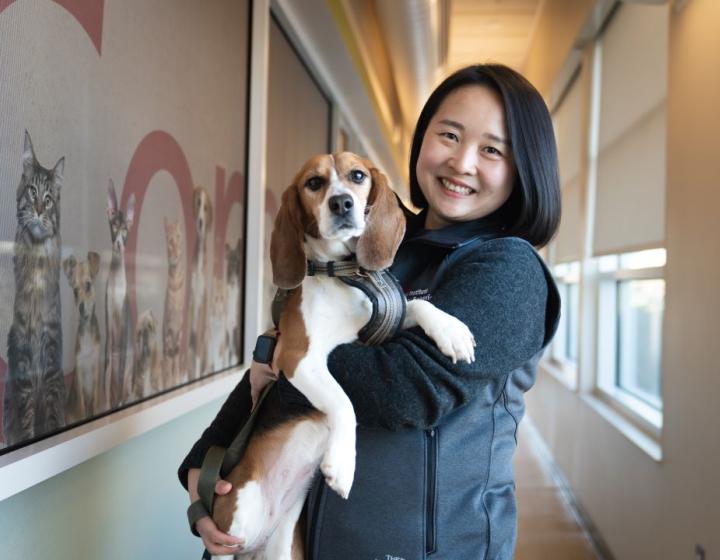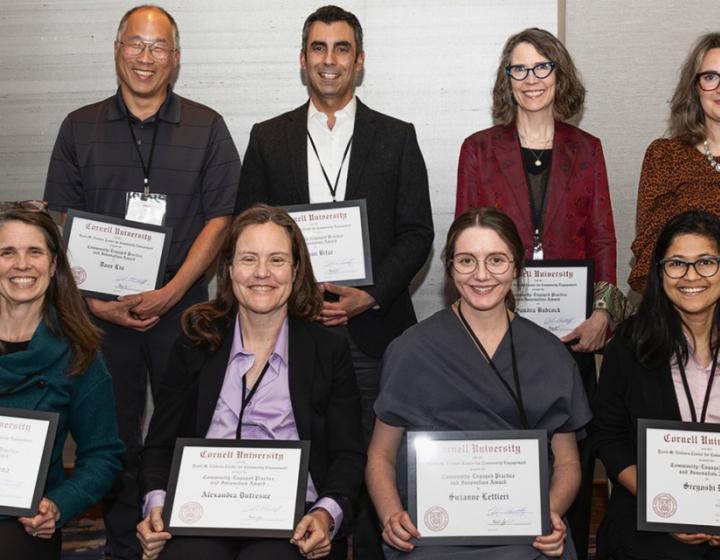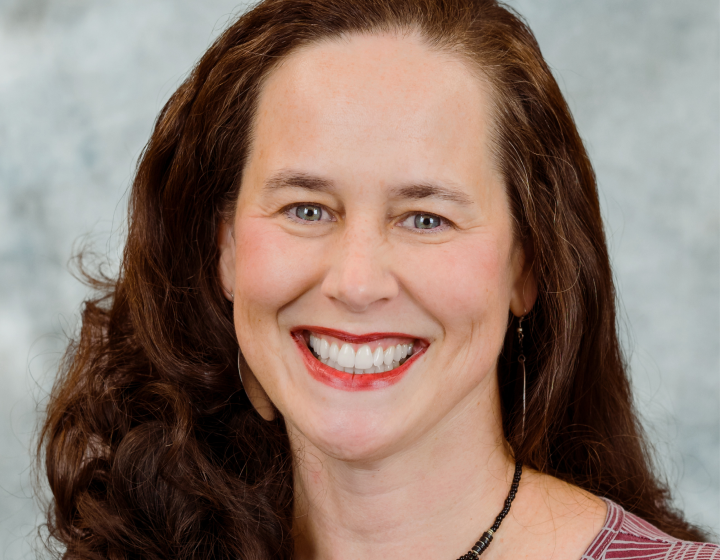Cornell models contemplation-based tools in science training
 While traditional biomedical training focuses on acquiring disciplinary expertise, a complementary suite of learning techniques that tap self-awareness and creativity to spur academic growth is catching on at Cornell. A review article published in the Journal of Biomedical Education in July uses Cornell’s programming as a model to discuss how institutions can integrate a broader set of learning tools into curricula for future scientists and clinicians.
While traditional biomedical training focuses on acquiring disciplinary expertise, a complementary suite of learning techniques that tap self-awareness and creativity to spur academic growth is catching on at Cornell. A review article published in the Journal of Biomedical Education in July uses Cornell’s programming as a model to discuss how institutions can integrate a broader set of learning tools into curricula for future scientists and clinicians.
The Cornell program began when Dr. Rodney Dietert, Professor of Immunotoxicology at the College of Veterinary Medicine, co-created a new course called Tools for a Lifelong Career in Research, giving students practical how-to tips for making the most of their research careers by activating creativity. Dietert co-authored an accompanying textbook on the subject, and has given many workshops around Cornell and at other universities and conferences sharing techniques designed to help scientists step outside the box and gain broader perspectives for problem-solving using activities such as dance, art, sleep, meditation, hobbies, and play.
These methods harken to a model employed in many corners of higher education called “contemplative practices,” a broad set of activities that facilitate a state of calm centeredness and aid exploration of meaning and values. These activities are presented in a framework developed by the Center for Contemplative Mind in Society in conjunction with the University of Massachusetts Amherst called “The Tree of Contemplative Practices.”
“Some people find that active, physical practices, like yoga or tai chi, work best for them,” the society’s website explains, outlining various branches of the tree, each of which represents a class of activities. “Others find nourishment in still and silent practices, like mindfulness meditation. Some people find that rituals rooted in a religious or cultural tradition soothe their soul. And not all practices are done in solitude–groups and communities can engage in practices that support reflection in a social context.
 While growing popular in some sectors of academia, such methods have rarely touched curricula in biomedical fields.
While growing popular in some sectors of academia, such methods have rarely touched curricula in biomedical fields.
“The practices are very widespread in academia, yet such training to achieve flexibility, adaptability, and broadened perspectives using contemplative practices has been rare among biomedical education programs,” said Dietert. “Once I looked at the exercises and material I was teaching, I realized they aligned very well with this contemplative practices tradition that has been established in other disciplines. This paper presents the material I’ve developed as well as contemplative practices frameworks in a biomedical context. It encourages people to look at the tree and incorporate it into courses regardless of discipline.”
This educational initiative includes first-person exercises designed to broaden perceptional awareness, decrease emotional drama, and mobilize strategies for creative problem solving. The program aims to increase student self-awareness and self-regulation and to provide trainees with value-added tools for career-long problem solving. Dietert finds many parallels between basic elements of this educational initiative and the framework of the Tree of Contemplative Practices, and suggests ways other institutions could share similar educational tools.
“In an age when students are more wired in than ever, their default is to get information externally,” said Dietert. “This type of education empowers students to go internally for some of their information and achieve better intellectual balance. I think that’s something we’re not teaching enough. Students who learn these things become more resilient because they have multiple ways to problem solve and access information. I believe it will be useful to have more intuitive clinicians and researchers, and this is a way to encourage their growth.”
In the last month Dietert has given two workshops on his techniques outside Cornell. In August he will present a workshop in Cornell’s PREPARE program for incoming international freshmen students.





